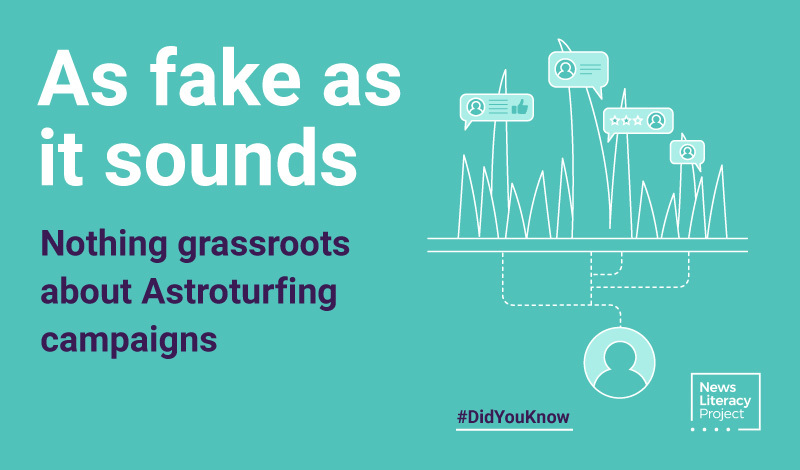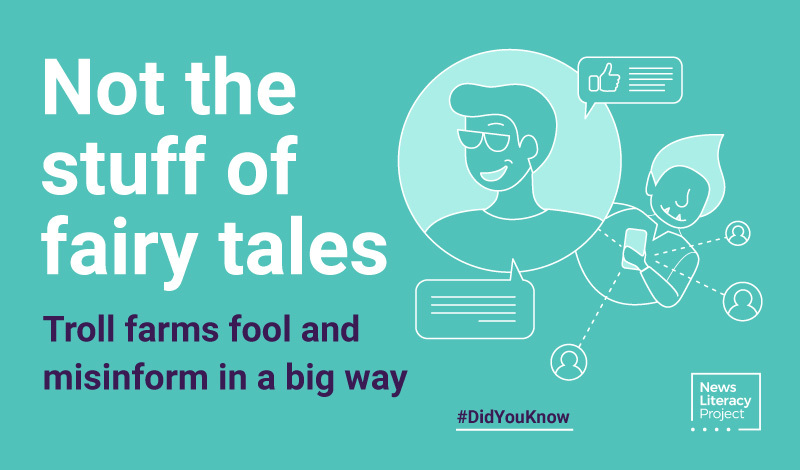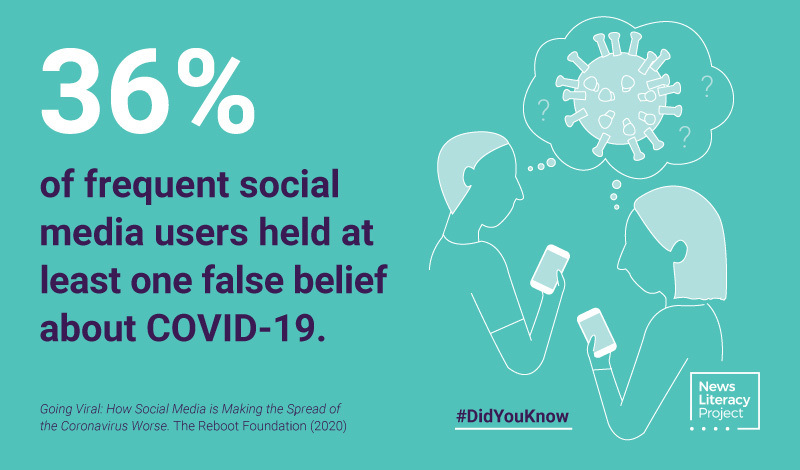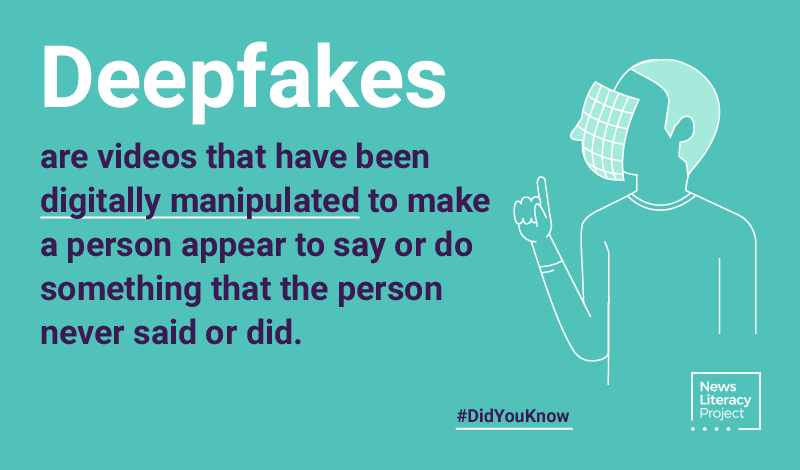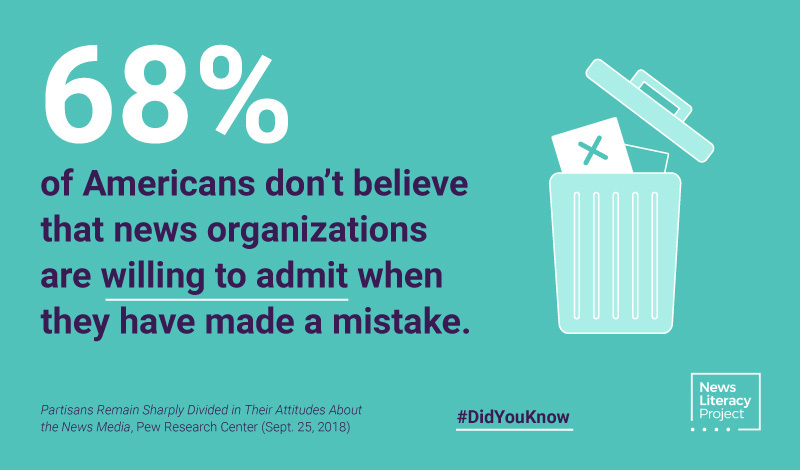
Did You Know?
Unsurprisingly, it’s hard to define ‘fake news’
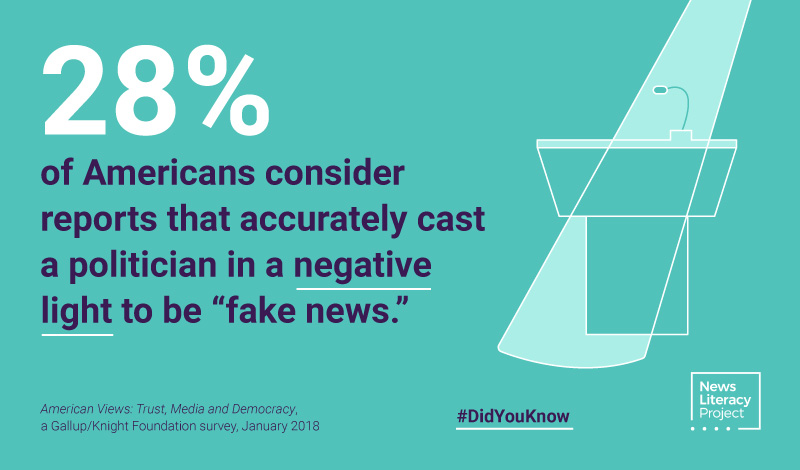
The main agreement Americans have when it comes to “fake news” is that it’s a threat — a very serious one, say 56% of those polled for American Views: Trust, Media and Democracy, a 2018 report from the John S. and James L. Knight Foundation.
But exactly what “fake news” means varies, according to the report, which analyzes the results of the 2017 Gallup/Knight Foundation Survey on Trust, Media and Democracy.
“People knowingly portraying false information as if it were true”? Yes, that’s always “fake news,” say 48% of those surveyed (46% said that “sometimes” that is the case).
“Journalists reporting stories before they check all their facts and sources to be sure they are accurate”? Yes, “fake news,” agree 35% — although nearly 60% conceded that they would consider that to be “fake news” only “sometimes.”
One startling finding: 28% of those polled said that, yes, “accurate stories casting a politician or political group in a negative light” are always “fake news.” And 50% said they would “sometimes” consider that to be “fake news.”
Adding to the plethora of meanings, the study provided its own: In setting up that question for those polled, it described “fake news” as “inaccurate information presented as an objective news story and designed to deceive people in some way.” The authors also wrote: “The research community often defines ‘fake news’ as misinformation with the appearance of legitimately produced news but without the underlying organizational journalistic processes or mission.”
Perhaps it’s best to avoid the phrase for the reasons given in 2017 by Claire Wardle and Hossein Derakhshan in their report, Information Disorder: “We refrain from using the term ‘fake news’, for two reasons. First, it is woefully inadequate to describe the complex phenomena of information pollution. The term has also begun to be appropriated by politicians around the world to describe news organisations whose coverage they find disagreeable.”
Wardle, now the executive chair at First Draft, a nonprofit that “addresses challenges related to truth and trust in the digital age,” is also the host of “Misinformation,” a lesson in NLP’s Checkology® virtual classroom, in which she outlines five types of misinformation.
